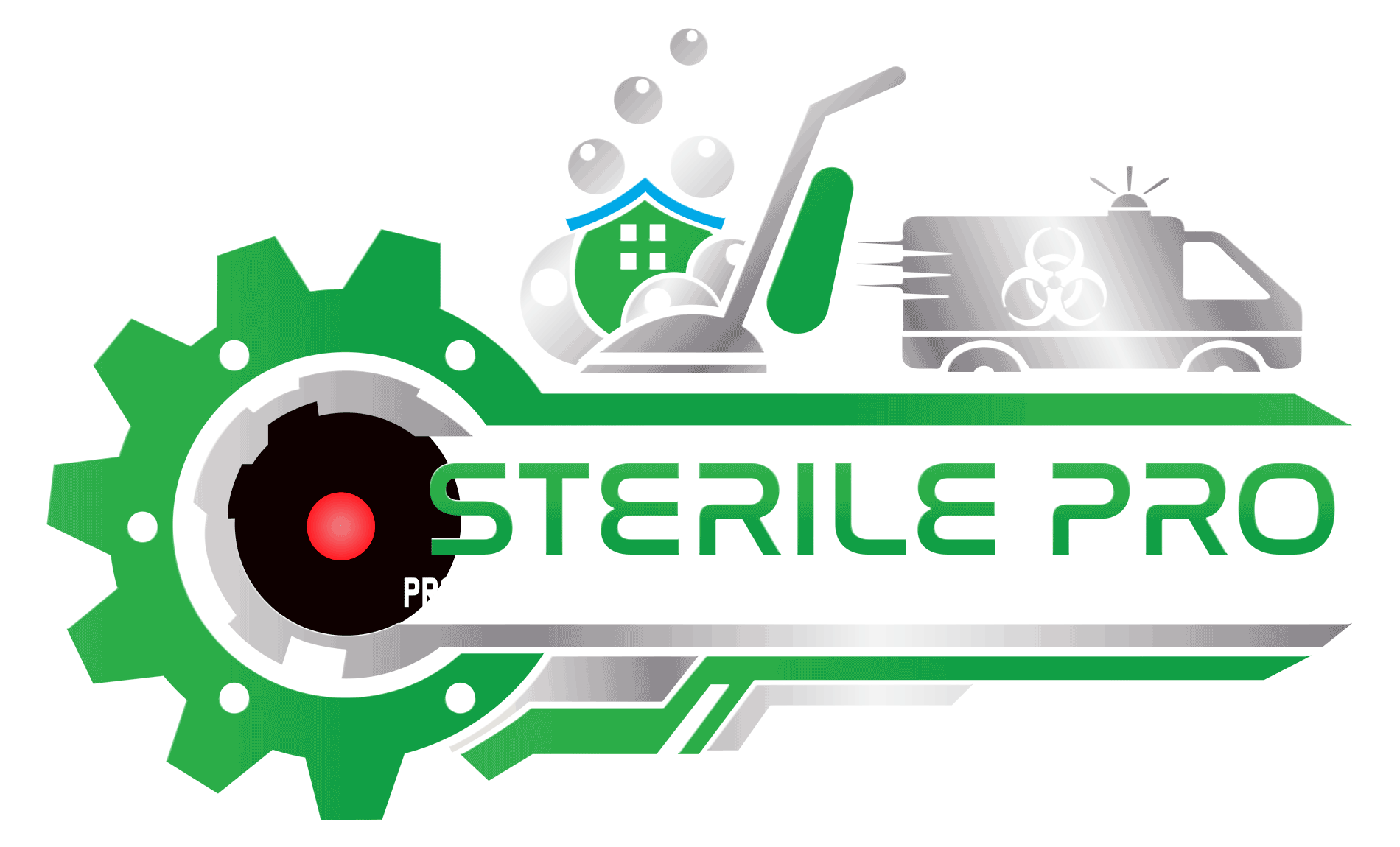Franchising on a Dime: Cheap Cleaning Franchise Business Models worth Exploring

Franchising has long been a gateway to entrepreneurship, offering aspiring business owners a tested framework and brand recognition without the daunting task of starting from scratch. For those looking to enter the cleaning industry on budget, affordable franchise opportunities present a compelling option. In this exploration of “Franchising on a Dime: Cheap Cleaning Franchise Business Models Worth Exploring,” we delve into how accessible these opportunities can be and highlight some promising models.
The allure of a cleaning franchise lies not only in its relatively low initial investment but also in the potential for rapid scalability and a built-in customer base. These franchises often provide comprehensive training, operational support, and marketing strategies, which are crucial for success in a competitive market. Moreover, aligning with a reputable brand can enhance credibility and trust among clients from the outset.
One of the key advantages of opting for a low-cost cleaning franchise is the minimized financial risk compared to starting an independent venture. Franchise fees typically cover essential elements like brand usage, initial training, and ongoing support, streamlining the setup process and allowing entrepreneurs to focus on growing their business rather than navigating initial startup challenges alone.
In this dynamic sector, diverse business models cater to different needs and preferences. From residential cleaning services that cater to busy households to commercial cleaning businesses servicing offices and retail spaces, the market offers a range of niches to explore. Each franchise model comes with its unique value proposition, whether it’s eco-friendly practices, advanced cleaning technologies, or specialized services.
As we navigate the landscape of Cheap Cleaning Franchise Business, it becomes clear that affordability does not equate to compromise in quality or potential. By carefully selecting a franchise that aligns with one’s goals and values, entrepreneurs can embark on a path that combines affordability with the proven success of franchising in the cleaning industry. This guide will highlight some standout opportunities and considerations for anyone looking to enter this lucrative yet accessible market segment.
Understanding the Economic Appeal
Franchising has democratized entrepreneurship by offering affordable entry points into various industries, including the cleaning sector. The economic appeal of cheap cleaning businesses lies in their lower initial investment requirements compared to other franchise opportunities. This accessibility attracts a diverse range of aspiring entrepreneurs, from individuals looking to start small to those aiming for rapid scalability in the competitive cleaning market.
The Versatility of Cheap Cleaning Franchise Models
Cheap cleaning franchise models span a wide spectrum of services, catering to both residential and commercial clients. Residential cleaning services typically focus on recurring contracts with homeowners, offering routine maintenance and specialized cleaning solutions. On the other hand, commercial cleaning franchises target businesses, providing services tailored to office spaces, retail establishments, and even industrial facilities. This versatility allows franchisees to choose a niche that aligns with their skills, interests, and local market demands.
Benefits Beyond Affordability
While affordability is a primary draw, cheap cleaning franchises offer additional benefits that enhance their appeal. These include brand recognition, which builds trust and credibility with potential clients from the outset. Franchisees also benefit from comprehensive training programs that equip them with industry-specific skills and operational knowledge. Ongoing support from the franchisor further aids in navigating challenges and optimizing business performance, ensuring sustainable growth in a competitive industry landscape.
Navigating Initial Investments and Franchise Fees
The initial investment in a cheap cleaning franchise typically covers essential elements such as franchise fees, equipment, and initial marketing expenses. Franchise fees vary depending on the brand and market, but they often include access to proprietary cleaning methods, brand trademarks, and operational support. Equipment costs, while essential, can be managed through financing options or leasing agreements, minimizing upfront financial strain for new franchisees. Understanding these costs and budgeting accordingly is crucial for setting realistic expectations and planning for profitability.
Training and Support: Pillars of Success
Successful cheap cleaning franchises prioritize comprehensive training and ongoing support as pillars of their business model. Initial training programs cover essential aspects of cleaning techniques, customer service standards, and business operations. This foundational knowledge empowers franchisees to deliver consistent quality and exceed client expectations, enhancing customer satisfaction and retention. Ongoing support from the franchisor includes marketing initiatives, operational guidance, and access to a network of fellow franchisees, fostering a collaborative environment that promotes continuous improvement and shared success.
Market Opportunities and Demand Trends
The demand for cleaning services remains robust across residential, commercial, and specialized sectors, driven by increasing awareness of hygiene standards and the outsourcing of non-core business functions. Residential clients seek convenience and reliability in home cleaning services, while commercial establishments prioritize cleanliness as a factor in customer satisfaction and employee well-being. Franchisees can capitalize on these market opportunities by offering specialized services, such as eco-friendly cleaning solutions or post-construction cleanup, that cater to specific client needs and preferences.
Differentiating Factors in a Competitive Landscape
In a competitive landscape, cheap cleaning franchises differentiate themselves through various factors, including service quality, pricing strategies, and technological innovations. Service quality encompasses reliability, thoroughness, and responsiveness to client feedback, establishing a reputation for excellence in service delivery. Pricing strategies that balance affordability with profitability attract a diverse clientele, from budget-conscious consumers to businesses seeking cost-effective solutions. Technological innovations such as automated scheduling systems and eco-friendly cleaning products not only enhance operational efficiency but also appeal to environmentally conscious consumers.
Building a Brand Presence and Local Market Penetration
Establishing a strong brand presence and penetrating the local market are essential steps for cheap cleaning franchises aiming for sustained growth and profitability. Branding efforts should highlight unique selling propositions, such as specialized services or industry certifications, that set the franchise apart from competitors. Local market penetration involves understanding demographic trends, consumer behavior, and competitor analysis to target potential clients effectively. Strategic marketing campaigns, including digital and community-based initiatives, help build brand awareness and attract new customers while fostering long-term client relationships through exceptional service and reliability.
Challenges and Mitigation Strategies
While cheap cleaning franchises offer numerous advantages, they also face challenges such as managing operational costs, retaining skilled staff, and adapting to market fluctuations. Mitigation strategies include implementing efficient scheduling and inventory management systems to optimize resource allocation and reduce waste. Staff retention can be enhanced through competitive compensation packages, ongoing training opportunities, and a positive work environment that values employee contributions. Adapting to market fluctuations requires flexibility in service offerings and pricing structures, enabling franchises to respond promptly to changing client needs and economic conditions.
Sustainability Practices and Community Engagement
Sustainability practices are increasingly important for cheap cleaning franchises seeking to align with consumer preferences for eco-friendly solutions and corporate social responsibility. Initiatives such as using biodegradable cleaning products, reducing carbon footprints through energy-efficient operations, and implementing waste recycling programs demonstrate commitment to environmental stewardship. Community engagement efforts, including partnerships with local organizations and participation in community events, not only enhance brand visibility but also foster goodwill and trust among residents and businesses alike.
Conclusion
In conclusion, cheap cleaning franchises offer aspiring entrepreneurs a viable pathway to business ownership with lower initial investment requirements and comprehensive support structures. By leveraging affordability, training, and market opportunities, franchisees can establish successful businesses that meet the growing demand for cleaning services across residential and commercial sectors. Strategic differentiation, sustainable practices, and proactive community engagement are key drivers of long-term success in a competitive industry landscape. Aspiring franchisees should conduct thorough research, seek guidance from experienced franchisors, and align their goals with a franchise model that resonates with their values and aspirations. By doing so, they can embark on a rewarding journey towards entrepreneurship while contributing to cleaner, healthier environments for their clients and communities alike.
“For more information please click on this link“



